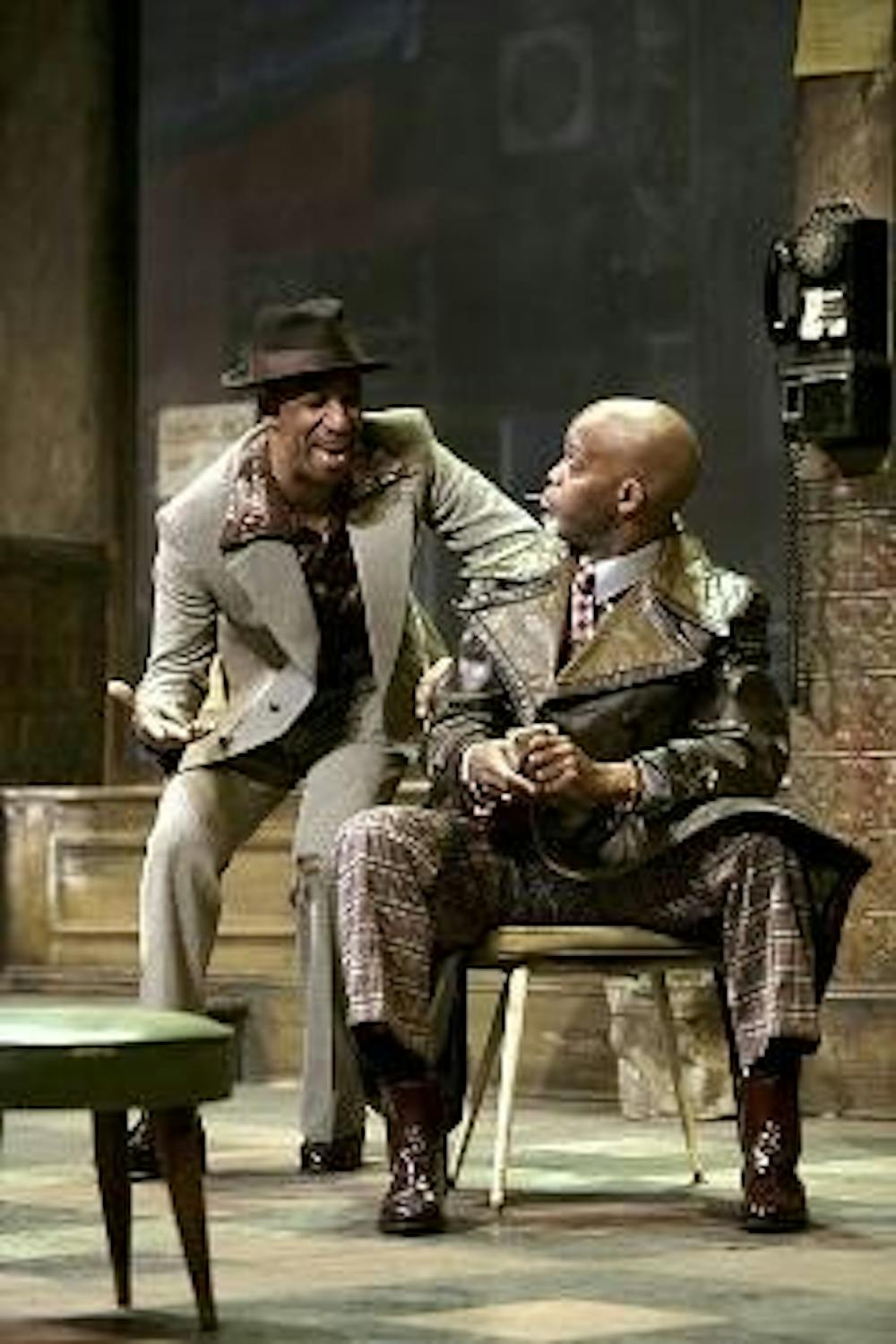The 1970s were a time of change, of endings and beginnings and of cataclysms and revelations. For the first time in history, a President resigned. A year later, Saigon fell to the Viet Cong, thus ending one of the darkest chapters in American history. As the fate of giants was decided, ordinary men and women went about their daily lives.
Such is the tale of "Jitney." Set in 1970s Pittsburgh, it is one of a series of plays written by August Wilson, each depicting a decade of the African-American experience across the 20th century.
"Jitney" may not be performing on Broadway, but it is playing in one of the best-known landmarks in American history. Ford's Theatre in downtown D.C. adds an element of majesty and awe to the play before it begins. One can enjoy a tale of American history in a place where history was made. History buffs are sure to be well-rewarded by the experience, so long as they avoid any disgruntled southern actors.
Spectacular performances immediately bind the performers to the audience, and a truly amazing script guides a plot that anyone could empathize with and root for.
To begin with, there is little distance separating the audience from the stage. From the moment of the first telephone ring, audiences are pulled into a separate world. That sound carries the narrative string of the play. Ringing constantly, it at times brings good news and bad and serves as the hub from which the spokes of the play extend.
The phone is in a jitney office. As the actors put it, the business is a "car service." Calls come in asking for rides, and the drivers of the vehicle, which seems like a cross between bus and taxi, go out to take the customer wherever he or she wants to go.
The play, with just enough subplots to give it the flavor of real life, centers in on the relationship between the jitney's owner, a bear of a man by the name of Becker, and his son, who was recently paroled after 20 years in prison. The audience watches with compassion as these two strangers confront each other with past mistakes and future possibilities.
As the play progresses, the audience watches the characters experience love, trust, honesty and perseverance. The story is at times serious and sad and at others poignant and hilarious.
It would be easy to play the characters as one thing or another-entrepreneurs, laborers or drunks-and yet the cast manages to act them all with such precision that they remain multifaceted people, not flat identities. A superb script and metamorphic performances combine to form complete human beings who dream, cry and rage. Some don't know when to mind their own business, as others try to figure out exactly what their business is.
"Jitney" is a play for all, because it is so compassionate and warm. The language may be a little different and the fashion might be a little foreign, but that is quickly forgotten as the space-time continuum fades away into the ring of the telephone.
A jitney is merely a "car service," but "Jitney" is an excellent and universal vessel of all that humanity is and can be. Like any good play, it is not without tragedy, but the hope always remains. Human beings are fallible and breakable, but as the cast of "Jitney" demonstrates, the human spirit is without equal.





